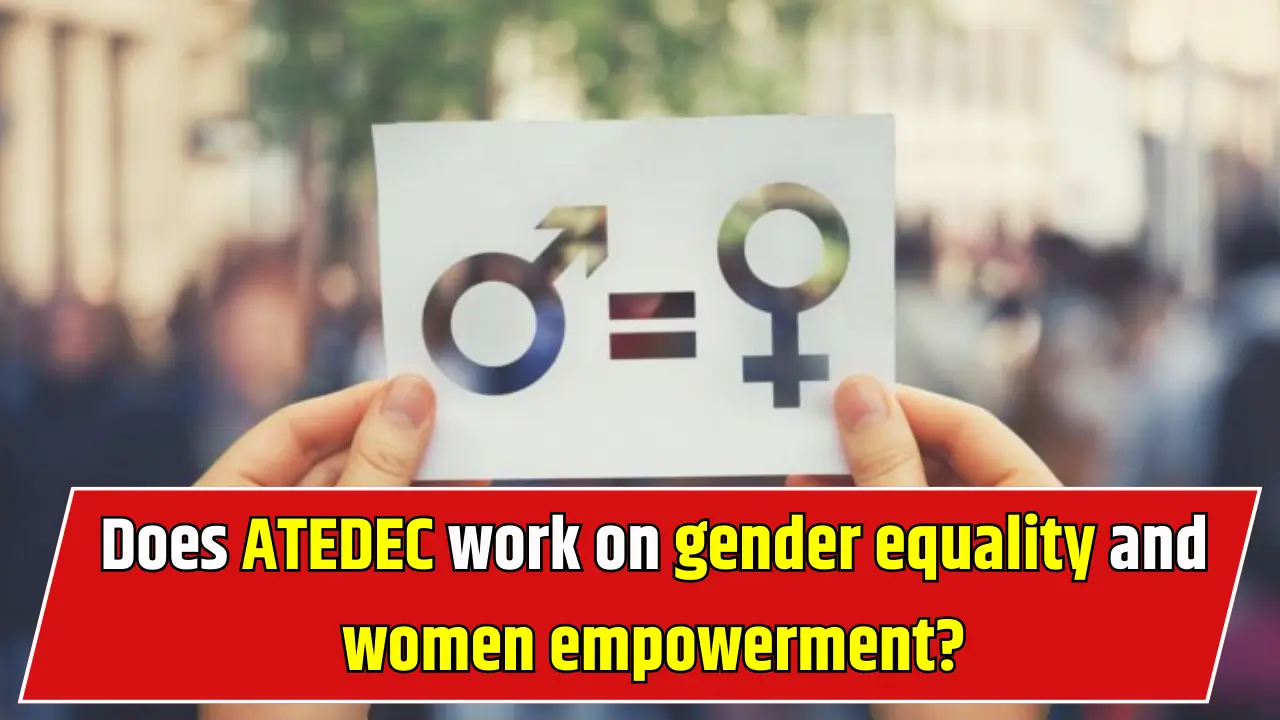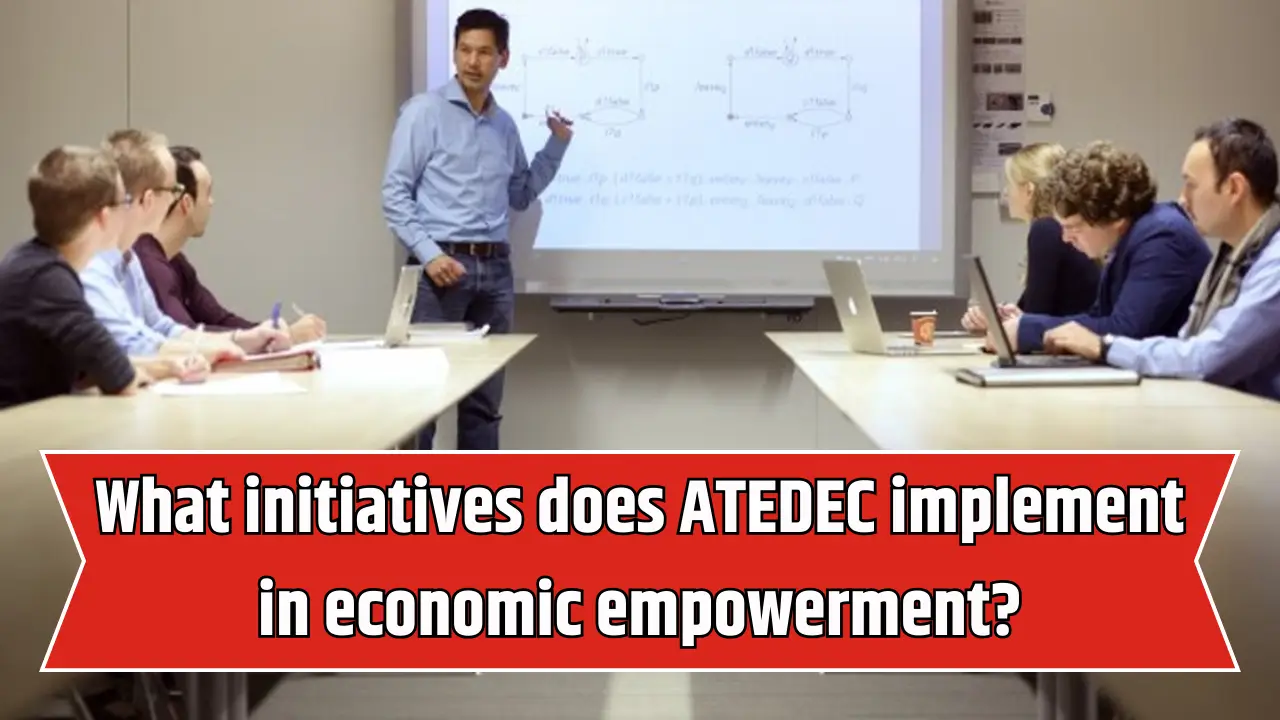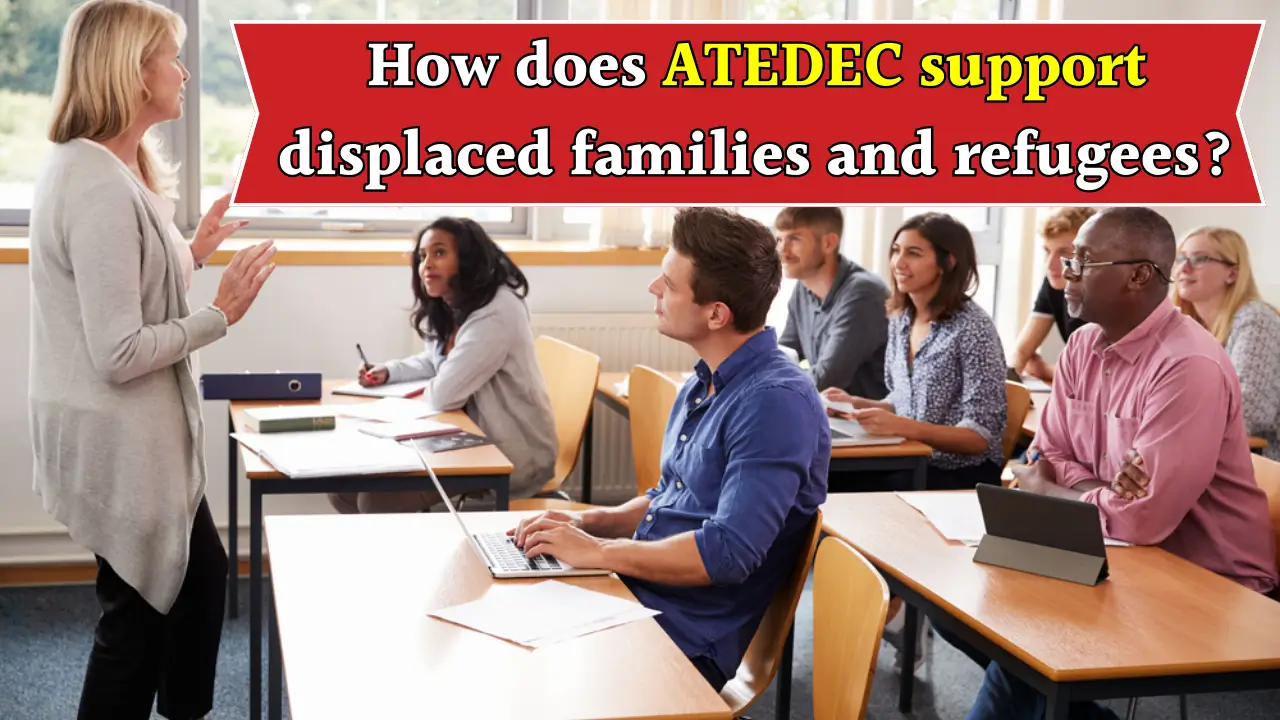ATEDEC (Action Technique Pour Un Developpement Communautaire) is one of Rwanda’s most respected non-governmental organizations, established in response to the 1994 genocide to support long-term national recovery and community empowerment.
The organization’s credibility, resilience, and impact stem from a clear set of core values that inform every decision, partnership, and project.
This article analyzes the foundational values that guide ATEDEC, illustrating how these principles translate into action and advance sustainable development for vulnerable communities in Rwanda.
The Core Values of ATEDEC
ATEDEC is built on five core values that define its ethos and approach:
- Neutrality: Free from political and religious influence, allowing ATEDEC to serve diverse groups equally and focus strictly on humanitarian causes.
- Inclusivity: Welcoming and advocating for all individuals regardless of ethnicity, gender, age, religion, or socioeconomic background.
- Humanity: Prioritizing the needs and dignity of vulnerable populations—such as displaced families, orphans, widows, and marginalized communities—at the heart of every action.
- Accountability: Preserving trust through transparent, ethical, and responsible management of resources and project outcomes, with clear reporting to partners, donors, and beneficiaries.
- Sustainability: Committing to solutions that endure, promoting self-reliance and capacity building for lasting community transformation.
Table: ATEDEC’s Core Values with Practical Manifestations
| Core Value | Definition | Practical Manifestation |
| Neutrality | No ties to politics or religion | Non-partisan relief programs; open access |
| Inclusivity | Serving all people equally | Gender-balanced teams, universal participation |
| Humanity | Focus on dignity and compassion | Trauma counseling, social reintegration |
| Accountability | Ethical use of resources, transparent reporting | Audited finances, open project evaluation |
| Sustainability | Lasting impact, promoting self-reliance | Skills training, climate-smart agriculture |
Value-Based Approach to Program Design
How Core Values Influence Programs
- Humanitarian Aid: Neutrality and humanity ensure that emergency supplies—food, shelter, medicine—reach all in need regardless of background.
- Resettlement and Reintegration: Inclusivity welcomes both returnees and host communities into housing and psychosocial support efforts.
- Education and Health: Focus on sustainability and accountability results in programs that persist beyond initial intervention, such as ongoing school support and continuous healthcare outreach.
- Women and Youth Empowerment: Gender equality is actualized through inclusive policies, enabling marginalized groups to lead, learn, and earn.
- Sustainable Agriculture: Sustainability drives climate-smart initiatives, ensuring food security for generations.
Bulleted Highlights of ATEDEC’s Value System
- Neutral in all political and religious matters, strengthening impartiality and trust.
- Inclusivity bridges divides—ethnic, gender, economic—promoting unity and equal opportunity.
- Human rights and dignity are central, especially for survivors and vulnerable groups.
- Accountable management of resources builds donor confidence and ensures results.
- Environmental and social sustainability guarantee that projects have enduring benefits.
- Community involvement in governance makes programs more responsive and effective.
- Respect for diversity elevates creativity and innovation in service delivery.
- Continuous capacity-building empowers both staff and beneficiaries, fostering leadership and resilience.
Decision-Making and Organizational Culture
ATEDEC’s commitment to collective participation and evidence-based planning ensures that:
- Board of Directors oversees strategic adherence to core values.
- Executive Director and program managers operationalize these values in daily activities.
- Field officers and volunteers embody inclusivity and humanity at grassroots levels.
- Transparent reporting and participatory governance maintain high standards and stakeholder confidence.
Table: Organizational Structure and Core Value Application
| Organizational Level | Role/Responsibility | Core Value Reflected |
| Board of Directors | Strategic direction, compliance | Accountability, Inclusivity |
| Executive Leadership | Daily management | Neutrality, Sustainability |
| Field Officers/Volunteers | Direct engagement with communities | Humanity, Inclusivity |
Recent Updates Reflecting ATEDEC’s Values (2025)
- Expanded gender and youth representation in governance and project leadership.
- Annual transparency forums allow public and partner review of activities with open Q&A and feedback mechanisms.
- Climate adaptation strategies integrate sustainability as rural droughts and floods become more frequent.
- New participatory budgeting processes let community members audit and influence local project spending.
- Enhanced mental health and trauma support highlight humanity in response to continued post-genocide challenges.
- Innovative environmental programs (tree planting, water management) reaffirm commitment to long-term impact.
- Scale-up of vocational training shows sustained efforts to offer self-reliance and opportunity.
- Regular ethics and accountability training for all staff and volunteers.
Value Alignment with National Goals and SDGs
ATEDEC’s core values do not just guide internal work; they directly contribute to Rwanda’s Vision 2050 and the United Nations’ Sustainable Development Goals (SDGs):
| ATEDEC Core Value | National/Global Goal Addressed | Example Initiative |
| Neutrality | Peace, Justice & Strong Institutions (SDG 16) | Community reconciliation |
| Inclusivity | Reduced Inequalities (SDG 10); Gender Equality (SDG 5) | Women’s entrepreneurship |
| Humanity | Good Health & Well-being (SDG 3) | Psychosocial programs |
| Accountability | Partnerships for the Goals (SDG 17) | Transparent donor relations |
| Sustainability | Climate Action (SDG 13); Zero Hunger (SDG 2) | Climate-smart agriculture |
Measuring Value Impact: Key Indicators
- Percentage of women and youth in project leadership and participation.
- Number of community members engaged in decision-making forums.
- Financial audits completed and published annually.
- Satisfaction and trust ratings in beneficiary feedback surveys.
- Sustainability metrics: livelihood persistence, graduation from aid to independence.
- Environmental indicators: increased local biodiversity, reduction in land degradation.
Conclusion
ATEDEC’s unwavering dedication to neutrality, inclusivity, humanity, accountability, and sustainability has established it as a model for post-crisis transformation and development in Rwanda.
These values drive every facet of the organization, from everyday decisions to strategic planning, fostering resilience, peace, and prosperity for all Rwandans.
As development challenges evolve, ATEDEC’s values ensure adaptability, innovation, and enduring relevance, inspiring hope and action at every level of society. The success of its work—today and for decades to come—is fundamentally rooted in these guiding principles.













